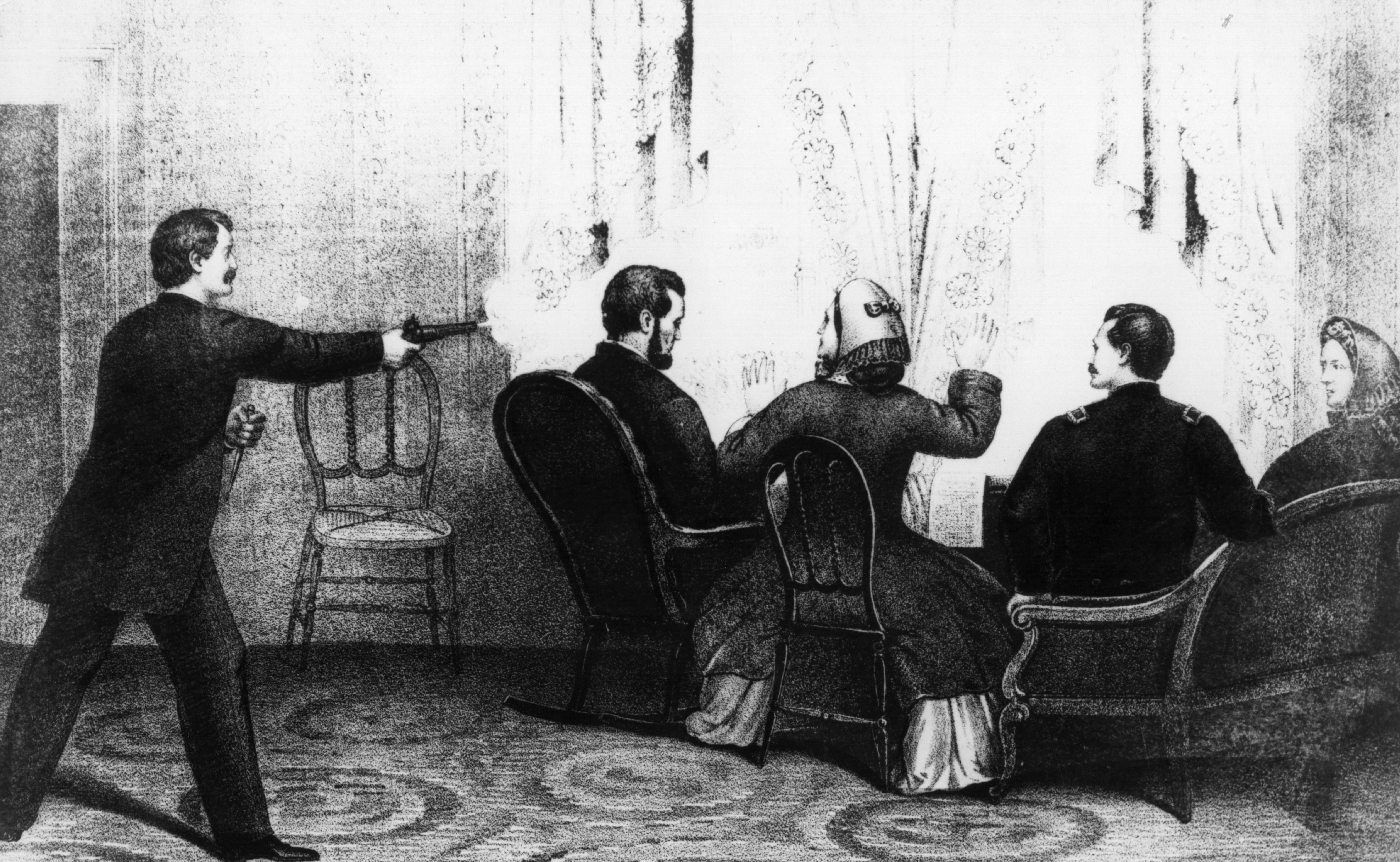This has been gone over before and never refuted, so, of course, it is forgotten and we have to go over it again for the obtuse.
It has to do with language and the meaning of words and actions. It was so discreet, so intertwined that later people missed it, but it was there at the time.
The Articles of Confederation formed a Perpetual Union, and all the States signed. Those signing were educated people (all white male landowners, by the way) who understood English well, quite well compared to most of what we see in threads here.
Some time later, it was judged wise to modify the agreement and form a 'more perfect Union'. Notice that "more" is a comparative term. The Union that existed was being improved, not abrogated. It was not another union, it was a logical continuation of the Perpetual Union, as all at the time understood. Otherwise, these astute, educated men would have mentioned creating a new union.
Now, the only reason to reject this is the argument that the new Constitution was not legal because it was not really approved in the fashion described in the original articles. In that case, the Perpetual Union was and is in effect because the later document is null.
It is an insult to the intelligence of those who wrote and approved the documents to maintain they didn't understand what they were doing.
P.S. link:
Our Federal Union! It Must Be Preserved! - Dictionary definition of Our Federal Union! It Must Be Preserved! | Encyclopedia.com: FREE online dictionary
"OUR FEDERAL UNION! IT MUST BE PRESERVED!" was President Andrew Jackson's volunteer toast delivered at the annual Democratic Jefferson Day dinner on 13 April 1830 in response to the South Carolina senator Robert Hayne's pronullification speech. Hayne's speech and the toasts that followed were intended to display a united front for states' rights within the party. Jackson became aware of the plan before the dinner, and he decided to pronounce finally his position on nullification and win back the initiative. To the attendees' shock, Jackson, often identified with states' rights, declared his opposition to nullification and proclaimed his belief in a supreme, perpetual Union. This episode foreshadowed Jackson's successful confrontation with the South Carolina nullifiers, led by Vice President John C. Calhoun, in 1832–1833.
Jackson, an otherwise "states rights" Southerner said this because he understood the spirit, original intent and the very words that established the Union.
People can rebel, and often have. People can break their words and promises, and often have.
Sometimes they succeed, sometimes they don't.
